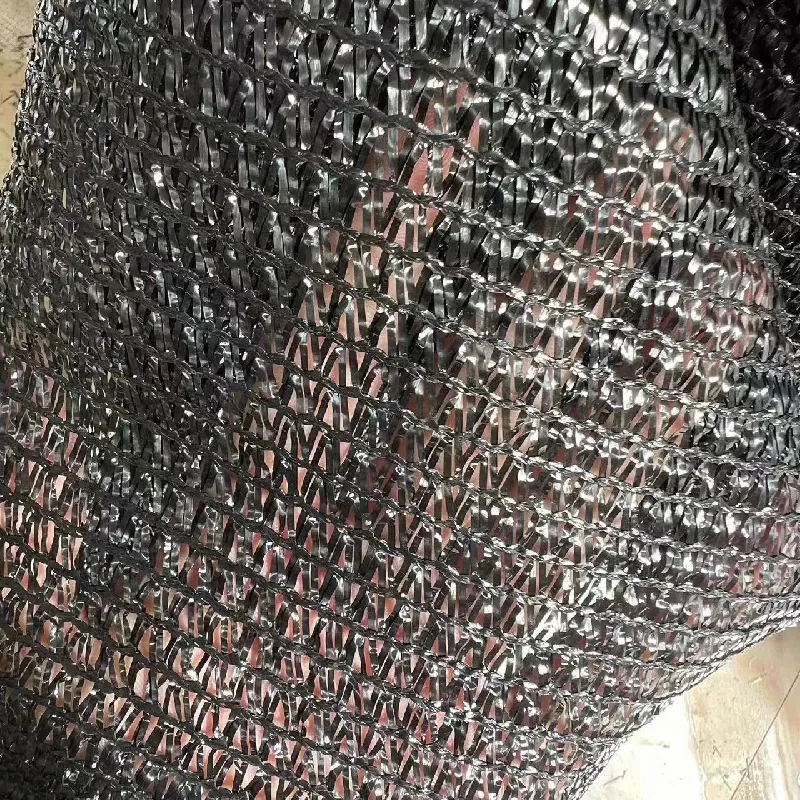-
 Afrikaans
Afrikaans -
 Albanian
Albanian -
 Amharic
Amharic -
 Arabic
Arabic -
 Armenian
Armenian -
 Azerbaijani
Azerbaijani -
 Basque
Basque -
 Belarusian
Belarusian -
 Bengali
Bengali -
 Bosnian
Bosnian -
 Bulgarian
Bulgarian -
 Catalan
Catalan -
 Cebuano
Cebuano -
 China
China -
 Corsican
Corsican -
 Croatian
Croatian -
 Czech
Czech -
 Danish
Danish -
 Dutch
Dutch -
 English
English -
 Esperanto
Esperanto -
 Estonian
Estonian -
 Finnish
Finnish -
 French
French -
 Frisian
Frisian -
 Galician
Galician -
 Georgian
Georgian -
 German
German -
 Greek
Greek -
 Gujarati
Gujarati -
 Haitian Creole
Haitian Creole -
 hausa
hausa -
 hawaiian
hawaiian -
 Hebrew
Hebrew -
 Hindi
Hindi -
 Miao
Miao -
 Hungarian
Hungarian -
 Icelandic
Icelandic -
 igbo
igbo -
 Indonesian
Indonesian -
 irish
irish -
 Italian
Italian -
 Japanese
Japanese -
 Javanese
Javanese -
 Kannada
Kannada -
 kazakh
kazakh -
 Khmer
Khmer -
 Rwandese
Rwandese -
 Korean
Korean -
 Kurdish
Kurdish -
 Kyrgyz
Kyrgyz -
 Lao
Lao -
 Latin
Latin -
 Latvian
Latvian -
 Lithuanian
Lithuanian -
 Luxembourgish
Luxembourgish -
 Macedonian
Macedonian -
 Malgashi
Malgashi -
 Malay
Malay -
 Malayalam
Malayalam -
 Maltese
Maltese -
 Maori
Maori -
 Marathi
Marathi -
 Mongolian
Mongolian -
 Myanmar
Myanmar -
 Nepali
Nepali -
 Norwegian
Norwegian -
 Norwegian
Norwegian -
 Occitan
Occitan -
 Pashto
Pashto -
 Persian
Persian -
 Polish
Polish -
 Portuguese
Portuguese -
 Punjabi
Punjabi -
 Romanian
Romanian -
 Russian
Russian -
 Samoan
Samoan -
 Scottish Gaelic
Scottish Gaelic -
 Serbian
Serbian -
 Sesotho
Sesotho -
 Shona
Shona -
 Sindhi
Sindhi -
 Sinhala
Sinhala -
 Slovak
Slovak -
 Slovenian
Slovenian -
 Somali
Somali -
 Spanish
Spanish -
 Sundanese
Sundanese -
 Swahili
Swahili -
 Swedish
Swedish -
 Tagalog
Tagalog -
 Tajik
Tajik -
 Tamil
Tamil -
 Tatar
Tatar -
 Telugu
Telugu -
 Thai
Thai -
 Turkish
Turkish -
 Turkmen
Turkmen -
 Ukrainian
Ukrainian -
 Urdu
Urdu -
 Uighur
Uighur -
 Uzbek
Uzbek -
 Vietnamese
Vietnamese -
 Welsh
Welsh -
 Bantu
Bantu -
 Yiddish
Yiddish -
 Yoruba
Yoruba -
 Zulu
Zulu
vine netting
The Benefits of Vine Netting in Sustainable Agriculture
Vine netting is becoming an essential practice in sustainable agriculture, particularly for vineyard management and other climbing plants. As the demand for organic and high-quality produce grows, farmers and gardeners are increasingly turning to vine netting as a solution to improve crop yields while minimizing environmental impact. In this article, we will explore the various benefits of vine netting, its applications, and how it fosters sustainable agricultural practices.
1. Enhanced Crop Support
One of the primary purposes of vine netting is to provide structural support for climbing plants, such as grapes, cucumbers, peas, and tomatoes. By using netting, growers can ensure that vines have the necessary stability to grow upright, which promotes better air circulation and sunlight exposure. This increased exposure is vital for photosynthesis, leading to healthier plants and improved fruit quality. Well-supported plants also minimize the risk of damage from wind, heavy rainfall, and pests, ultimately resulting in higher yields.
2. Pest Control
Vine netting plays a crucial role in pest management. It acts as a physical barrier, preventing unwanted insects and birds from accessing the crops. Birds, in particular, can pose a significant threat to vineyard yields, as they often peck at ripening grapes. By installing vine netting, farmers can significantly reduce crop loss due to these pests and minimize the need for chemical pesticides. This shift towards integrated pest management not only protects the environment but also aligns with the growing consumer demand for organic produce.
Another overlooked benefit of vine netting is its role in water conservation. The netting can help regulate moisture levels around the plants by preventing excess evaporation from the soil. With proper application, vine netting can trap moisture during evening hours, which reduces the frequency of irrigation. This is particularly important in areas prone to drought, where water conservation is a critical concern. By optimizing water use, farmers can reduce costs and promote sustainable farming practices.
vine netting

4. Weed Suppression
Weeds compete with crops for nutrients, light, and water, ultimately reducing yield potential. Vine netting can assist in suppressing weed growth by inhibiting sunlight exposure to the ground beneath the plants. By minimizing weed competition, farmers can achieve healthier crops without relying heavily on herbicides, which can harm the environment. This organic approach to weed management not only benefits the soil ecosystem but also contributes to the overall health of the vineyard or garden.
5. Improved Harvesting Efficiency
Using vine netting can also improve the efficiency of the harvesting process. With crops neatly supported and elevated off the ground, farmers find it easier to access and harvest fruit without damaging the plants. This streamlined process saves time and labor costs, allowing for a more sustainable and productive harvesting cycle. Furthermore, cleaner and healthier fruits are easier to market, enhancing the overall economic viability of the farm.
6. Encouraging Biodiversity
By utilizing vine netting, farmers can encourage a diverse ecosystem on their farms. The increased plant density supported by netting can create a habitat for beneficial insects and pollinators. These organisms play vital roles in the ecosystem, helping to pollinate plants and control pest populations naturally. This harmonious relationship supports both crop success and the broader environment.
In conclusion, vine netting is a multifaceted tool that offers numerous benefits for sustainable agriculture. From providing essential support for climbing plants to enhancing pest control and conserving resources, vine netting fosters an environmentally friendly approach to crop management. As the agricultural landscape continues to evolve, integrating such sustainable practices will be crucial in meeting global food demands while preserving the planet for future generations. Adopting vine netting can be a step toward achieving not only higher yields but also a healthier and more sustainable agricultural system.
-
Shipping Plastic Bags for Every NeedNewsJul.24,2025
-
Safety Netting: Your Shield in ConstructionNewsJul.24,2025
-
Plastic Mesh Netting for Everyday UseNewsJul.24,2025
-
Nylon Netting for Every UseNewsJul.24,2025
-
Mesh Breeder Box for Fish TanksNewsJul.24,2025
-
Expanded Steel Mesh Offers Durable VersatilityNewsJul.24,2025











